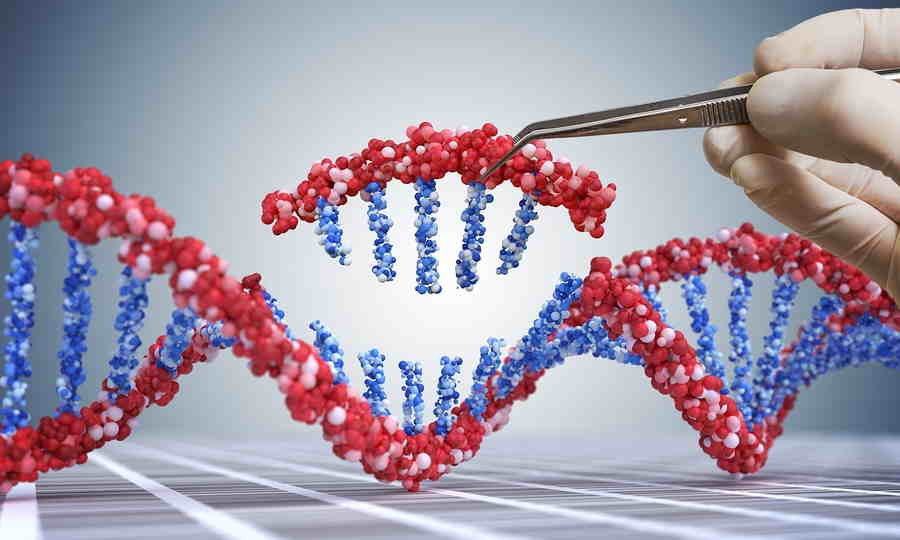Twas a week before the J.P. Morgan Healthcare Summit, and everything was quiet on the life sciences front. December deal-making hit a wall, with pharmaceutical deals falling 50% compared with last December. Then came Bristol-Myers Squibb‘s (NYSE: BMY) announcement it was acquiring Celgene Corporation (NASDAQ: CELG) for approximately $90 billion.
This isn’t the biggest pharma or healthcare deal ever, however. The title goes to Pfizer Inc. (NYSE: PFE), for both the largest deal consummated ($114 billion for Warner-Lambert Company in November 1999) and the largest deal to be called off ($160 billion for Allergan plc in November 2015). Those facts make this the third largest healthcare deal ever announced. It bumps Takeda Pharmaceutical‘s (OTC: TKPHYY) $81.5 billion deal for Shire plc (NASDAQ: SHPG) into third place.
The news surprised the Street and investors alike. Bristol-Myers’ stock dropped 15% from its close on January 2, 2019, hitting $44.82 the next day. By Friday, January 4, it had recovered only slightly, to around $47.00.
One reason may be that BMS will pay Celgene shareholders $102.43 per share, based on its stock price of $52.43 and the $50 cash for each Celgene share. That’s a nearly 54% premium to Celgene shareholders based on its closing stock price of $66.66 per share on January 2.
Although the official press release said the deal carried an equity value of approximately $74 billion, the investor presentation made after the announcement showed BMS plans to issue $32 billion in new debt and to assume $20 billion in existing Celgene debt. The company has obtained a $33.5 billion fully underwritten bridge facilty from Morgan Stanley and MUFG Bank Ltd., and announced plans to repurchase about $5 billion of the stock it issues in the deal after it closes.
Not surprisingly, Celgene’s stock rallied 26%, to $83.86, immediately after the announcement. By January 4, it was trading around $85.00. The deal also includes one Contingent Value Right (CVR) for each share of Celgene, at approximately $9.00 per share.
The combined immunology and oncology portfolio of BMS and Celgene amounts to more than $9 billion in annual sales. The combined company also expects its near-term launch items to have over $15 billion in revenue.
While BMS is counting on this deal to create a powerhouse pipeline of oncology drugs, it’s also taking an avid acquirer off the market. Celgene has announced at least 30 deals since 200o, spending $32.4 billion on those acquisitions. It’s largest deal came just a year ago, when Juno Pharmaceuticals (then NASDAQ: JUNO) agreed to be acquired for $9.0 billion.
In 2015, the two companies began a 10-year collaboration to advance immuno-therapies targeting cancer and autoimmune diseases. Celgene made an upfront payment of $150 million, and purchased approximately 9.1 million shares of Juno common stock at $93.00 per share ($849,803,496).
Along the way, Celgene has licensed and collaborated with several smaller biotechs on their promising clinical-stage candidates. Recent deals included agreements with China’s BeiGene, Ltd. (NASDAQ: BGNE), Dragonfly Therapeutics and Delinia, Inc.
Whether those deep pockets and collaborations continue under BMS remains to be seen. Going with some sentiments expressed online post-announcement, Celgene’s R&D teams will be the place BMS starts to reap the $2.5 billion in “synergies” it expects as a result of this deal. That will help the bottom line in the first year or so, but may prove costly as the patents expire and some currently promising drug candidates don’t make it to market. And the small-biotech market may shrink, too. Unless some of those Celgene scientists find jobs there. Anything can happen, as we know!


Trackbacks/Pingbacks